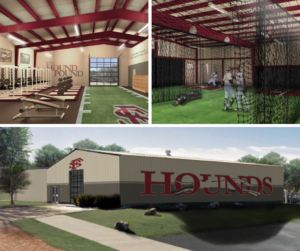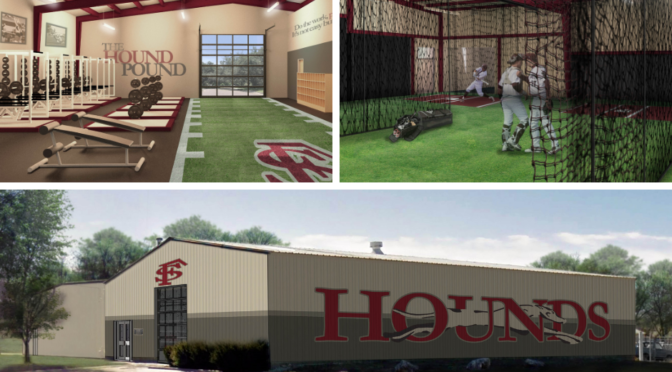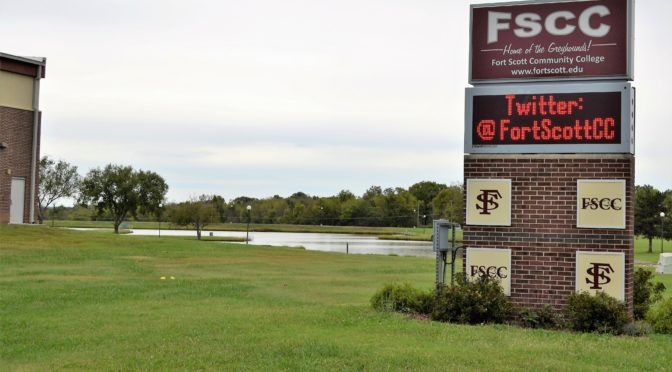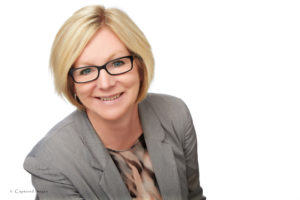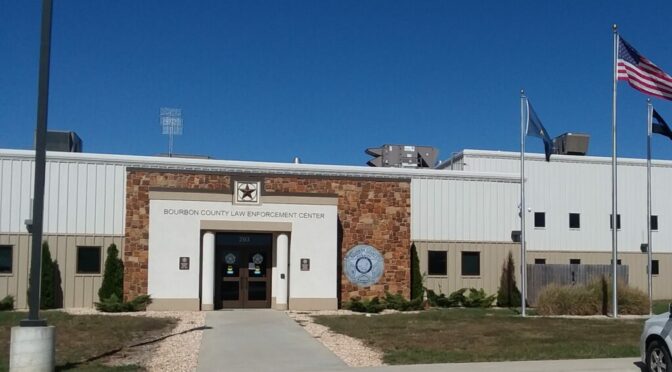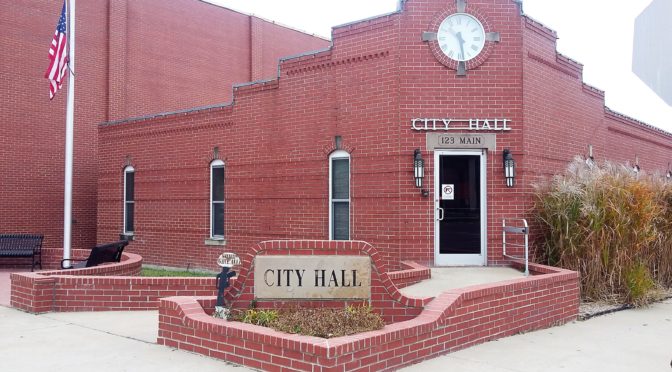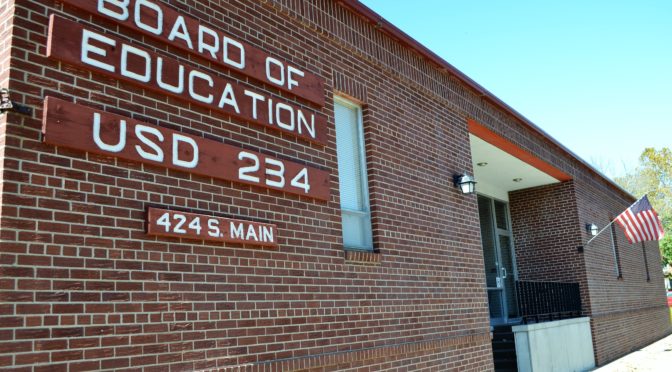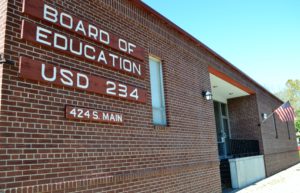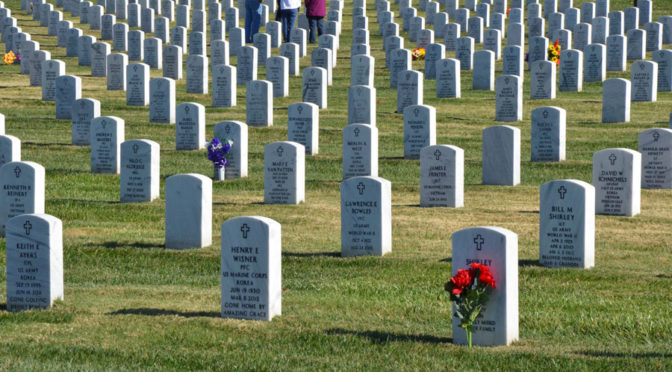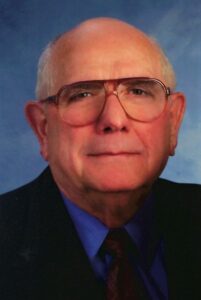Governor Laura Kelly Delivers the 2021 State of the State Address
TOPEKA – The following is the complete transcript of Governor Laura Kelly’s 2021 State of the State Address. View a video of the address on Governor Kelly’s Facebook page or her YouTube channel.
Good evening.
Typically, I would deliver the State of the State address to the legislature and the public from the House Chamber in the Capitol building.
And I would begin by looking out over all the familiar faces, constitutional officers, cabinet members, and my own family.
But, these aren’t typical times. And while I can’t see them, I am grateful that my husband, Ted Daughety, and daughters, Kathleen and Molly, are hosting a virtual watch party with members of my family across the country.
I know it’s not just my family that has had to change our rituals and gatherings. We’ve all had to adjust. We’ve all had to get creative with problem solving. We have been forced to spend too much time apart, communicating virtually, instead of sharing moments in person, together.
So this won’t be a typical State of the State address.
Instead of giving a speech to the legislature, I’m going to have a conversation with you – the people of Kansas – give you an update on where we are, what’s next, and lay out a clear agenda that meets the moment we’re living in.
In the weeks and months to come, we need to get every Kansan vaccinated. We need to get our economy moving. And we need to get all our kids back into the classroom.
We need to do it in a way that keeps our budget balanced. And with the sense of urgency and focus that Kansans deserve. We can not let political fights slow us down.
Tonight, I’ll speak to each of these issues.
But before I continue – last week I ordered flags lowered to half-staff to remember the more than 3000 Kansans we’ve lost these past 10 months to Covid-19. I ask you to join me in pausing for a moment in honor of their memory.
To the families and loved ones of those we’ve lost, please know my heart is with you. The pain you’re feeling is immeasurable … Here in Kansas, we’re all neighbors, and we’re all here to support you, in every way possible.
It’s been a time of such loss for so many.
Too many precious lives lost.
Businesses lost.
Jobs lost.
Critical time in the classroom for our children, lost.
Lost moments with loved ones.
The losses in our lives have been countless.
But … we never lost hope.
The way that Kansans have stepped up these past 10 months has been nothing short of heroic – from health care workers to first responders, teachers and parents, farmers and ranchers – the character of Kansas has been on full display.
And I want to commend the state and local officials who continue to work around the clock with the public health experts to make sure we’re taking the right, aggressive, steps to slow the spread of the virus, while also balancing the need to keep the Kansas economy moving.
And now, after months of struggle and sacrifice, an end to this national nightmare is finally in sight.
Last week, my administration released the phases of our vaccination distribution plan.
We worked diligently for months, together with our federal and local partners, to develop a plan that would prioritize the health of the most vulnerable, reduce the strain on hospitals, and help us kickstart our economy.
While our state initially experienced a reporting lag of vaccines administered, the CDC vaccine tracker is now showing that Kansas is in the top tier for vaccines administered per capita. We are working as quickly as we can to safely, efficiently deliver the vaccine to all Kansans. Much of our ability to distribute the vaccine is dependent on the federal government getting the vaccine to us.
As of today, 84,555 Kansans have been vaccinated. And we will continue this coordinated effort so every Kansan can get vaccinated. My goal is to make sure that each of you know when and where you can get vaccinated in your county.
Like in other states, the first to receive vaccines have been those directly overseeing our COVID response efforts – hospital workers and long term care staff and residents.
We expect to be moving into the second phase before the end of this month, when we will begin vaccinating our seniors, because we know Kansans 65 and older are the biggest at-risk group.
Also in this category: essential frontline workers – these are our police, firefighters and other first responders, our teachers and childcare providers, our grocery store and meat packing plant workers.
As we continue our phased approach, we will add other priority groups including those living in congregate settings, those below the age of 65 with severe medical risks, and other essential workers. And then, hopefully, over the next few months, the rest of the general public. Again, this depends on how quickly the federal government gets the vaccine to Kansas.
But until then, it’s imperative that everyone continue to do your part in slowing the spread of the virus – wear a mask, physically distance, and avoid mass gatherings.
We are not out of the woods here. Not by a long shot. Our hospitals are strained and this virus continues to kill our loved ones and our neighbors.
But, we *will* get through this crisis, with the vaccines.
There’s been a lot of misinformation out there about the vaccines. Internet conspiracy theories. Complete nonsense. Make no mistake, the science behind the vaccines is solid.
And these vaccines are how we keep ourselves and our fellow Kansans healthy … and ultimately, how we defeat this virus and move forward with our lives.
The latest information about distribution instructions and timelines will always be available at our website – kansasvaccine.gov.
So, if we’ve learned anything these past 10 months, it’s that every Kansan deserves health care they can afford, good health care facilities near their homes, and for our rural neighbors and friends, more access to telehealth services.
That’s why I’ll continue to push, over and over again, for what 38 states across the country have done – to expand Medicaid to cover another 165,000 Kansans, to ensure that our rural hospitals remain open, and inject billions of dollars into our economy.
Access to vaccinations and good health care . . . It’s the only way we’ll truly put this nightmare behind us.
We’ve already taken a series of strategic steps to keep our economy open. But open isn’t good enough. We need to make sure it’s growing, with Kansans not just getting back to their old jobs, but also finding new, better-paying jobs.
We are set to launch the Framework for Growth – a comprehensive roadmap to ensure that the Kansas economy continues to thrive and that our most valuable resource — our young people — have exciting career opportunities right here at home.
Let me briefly speak to five areas of economic growth that we’ve focused on: small businesses, infrastructure, new job creation, agriculture, and broadband.
First, small businesses.
No doubt, this has been a challenging period for small business owners, with so many having to adapt in different ways to the virus. And a very difficult time for anyone who works in a small business.
Small businesses, as we know, aren’t just workplaces, they’re the heart beat of Main Street in so many Kansas communities. Familiar, friendly faces behind the counter. These folks are our neighbors, our friends.
We have been able to help nearly 3,000 small businesses across the state with grants for payroll and other expenses. But we know more must be done.
That’s why I’m pleased about the resurrection of the Kansas Main Street Program and the launch of the Main Street Affiliate Community program. These programs provide funding and technical assistance to help transform and strengthen rural downtowns.
I know for many small business owners, these past few months have been filled with anxiety and heartache – and you’re just trying to do right by your employees and customers.
I promise you that I’ll do everything in my power to protect small businesses and the Kansans they employ.
But it’s not enough to simply save the jobs and businesses that exist. An obvious area for job growth is to rebuild our crumbling infrastructure.
I’m proud that Democrats and Republicans came together last year to pass a 10-year infrastructure plan – it’s a strategic, practical approach that allows us to prioritize the most urgently needed projects.
As we speak, more than 160 state highway and local road projects are under construction or about to be. And another 230 projects have been awarded for future construction. That’s better roads, better bridges, walking and biking paths. A more modern transportation infrastructure from top to bottom – and that’s a lot of jobs.
We know this pandemic has put too many Kansans out of work, and I know some Kansans have had difficulty getting their unemployment benefits.
The fact is, the volume of benefit applications absolutely overwhelmed our unemployment system. I want you to know we’ve fixed many of the immediate problems and more Kansas have received unemployment benefits since the pandemic started ten months ago, than in the eight previous years combined.
To be prepared, should we ever be confronted with a health and economic crisis as staggering as this pandemic, we’ve committed 37.5 million dollars in this year’s budget to update old IT systems that have been neglected for decades.
While it’s imperative that we modernize our IT systems, what’s more important is making sure unemployed Kansans can get back to work.
So we’re moving quickly to bring new jobs to Kansas communities, big and small.
We’ve announced projects like Urban Outfitters’ new distribution center at Kansas Speedway in Wyandotte County that will create 2,000 new jobs and invest over 350 million dollars in Kansas.
And Schwan’s Company’s expansion to its facility in Salina. When the project is complete, Salina’s location will be home to the largest frozen pizza production facility in the world – and bring 225 good jobs to the community.
Over these past two years, we’ve recruited dozens of new businesses and helped create more than 20,000 jobs; that’s pumped more than 3 billion dollars into our local economies.
Including into our farming and agriculture communities.
Where, in typical Kansas fashion, Kansas farmers and ranchers have stepped up, even during those first, very scary days of COVID-19, and kept doing their jobs. They knew, pandemic or no pandemic, people need food.
My Administration partnered with local and federal officials to make sure we kept these critical food supply chain workers safe and kept production online. The entire nation, and the entire world owes these Kansans a huge debt of gratitude.
At the state level, we invested 12 million dollars to increase the capacity of the state’s food supply system all across Kansas.
And, as my friends in Agriculture may remember, I was the first Democratic governor to publicly support the USMCA, the trade agreement between the United States, Mexico and Canada.
To me, this isn’t about politics.
I will always support our agricultural employers and workers because we all know that agriculture built Kansas, and it will be a driving force in rebuilding our economy as we emerge from this pandemic.
And agriculture is one of many industries increasingly relying on high speed internet to meet the demands of their customers and for their day to day operations.
In fact, in today’s economy, businesses small and large depend upon broadband – both because this pandemic has required many of us to work remotely, and because of the broader shift we have seen from retail to etail commerce.
It’s an issue my administration has treated with the urgency it mandates.
I signed an Executive Order establishing Kansas’s first Office of Broadband Development – and through it, we’ve distributed nearly 50 million dollars in Connectivity Emergency Response Grants, to communities like Spring Hill, Valley Center, Dodge City, Topeka, Derby and others.
We have to keep pushing on this issue. It needs to be a bi-partisan push.
Because access to high speed internet will be a game changer for these communities. It’s a tool to recruit new businesses and keep existing ones from leaving.
It’s also a tool to provide care through telehealth services to rural and underserved Kansans.
And it’s a tool for our children and their education. This pandemic has taught us that learning remotely is difficult enough, but to do it without reliable internet is impossible.
It’s been a long 10 months for our children, their parents … and perhaps especially for their teachers … many of whom are juggling the teaching of our children while also looking after their own.
I can’t say enough about the job that Kansas teachers have done throughout this pandemic.
Teaching under less-than-ideal circumstances, but never wavering in their commitment to our children.
Stepping up under tough conditions is nothing new for Kansas teachers. They’ve been doing it for years.
Remember, when we took office two years ago, the state was still reeling from a disastrous tax experiment that absolutely crushed our public schools, even forcing some to go to 4-day school weeks.
We fixed our public schools once already – bringing Republicans and Democrats together to constitutionally fund education for the first time in many years.
And now that the pandemic has created a new set of challenges – I want you to know that we’re going to get every Kansas student back in the classroom as soon as possible, and provide their teachers with the tools and resources they need to get our kids back on track.
From day one, I pledged to Kansans that we’d never return to those days of broken budgets and fiscal irresponsibility.
That’s why I’m committed to closing the Bank of KDOT by 2023. Past Administrations have used these critical highway construction dollars as a slush fund for their ideological experiments – which undermined opportunities for infrastructure investments and economic growth.
Once again, we brought Democrats and Republicans together to balance the budget and constitutionally fund our schools – all without a tax increase. In fact, because we prioritized wisely and found new efficiencies, I’m proud to report that even during this pandemic, the state will close out this fiscal year with a projected 600 million dollar ending balance.
But we must remain vigilant. We’re just a few years removed from the Brownback tax experiment, and it seems as though some of my colleagues in the Legislature have already forgotten just how devasting that experiment was to our economy, our schools, and our future.
The tough, pragmatic budget choices we have made to this point have given us flexibility to protect our core services – like education, infrastructure, and economic development tools – from COVID-related cuts, and have been an historically potent tool we have to recruit businesses to Kansas.
As we recover from the economic damage caused by effects of this virus, we must continue to prioritize strategic and inclusive economic policies, not Brownback 2.0 tax cuts.
Each year in this speech, and almost every day in between, I call for bi-partisanship. To work together, Democrats and Republicans have to do what’s best for Kansas. To be better than what we see in Washington.
In light of the destruction, violence, and sedition that took place at the United States Capitol last week, we can’t simply treat this like any other moment. That would be an insult to Kansans – and all they’ve seen these past 10 days and all they’ve experienced these past 10 months in their own lives.
This isn’t like any other moment.
We’re being tested like never before.
This year, working together isn’t simply something I want – it’s something we owe to the people of Kansas.
This year, as leaders, we must commit ourselves to set an example. In how we conduct ourselves. In the things we say to each other, what we post on social media, in what we tell people back home in our communities.
This year, we must show Kansans that, even when we stand on opposite sides of the aisle, we still always share a common bond as Kansans and Americans.
And right now, that means doing whatever it takes to get Kansans back to work, back to school – and back to a place where we treat each other with respect and dignity.
We need to listen to public health experts. We need to listen to each other. We need to listen to the people of Kansas.
And then we need to lock arms, not as politicians from one party or the other, but as Kansans.
And in that spirit, I’d like to say a word about my friend – Senator Pat Roberts, who has retired after 40 years of elected service to our state.
Pat was and remains famous, not only for his wit, but for his ability and willingness to work across the aisle.
He and I are in different political parties, but we’re united in our love for Kansas and its people.
That’s why he and I have been in such frequent contact about this pandemic, because we know that it’s important for the state and federal government to work hand in hand. It’s the right way to serve.
As we tackle the challenges of these historically uncertain times in the weeks and months to come, let us all do it with leaders like Pat Roberts in mind.
And let us always remember that our children and grandchildren are watching.
These days, they’re watching extra closely.
The decisions we make, and the example we set, in the coming weeks and months will have a lasting impact on their lives. And on our beloved state of Kansas.
This is a time like none other we’ve seen.
Let’s rise, together, to meet this moment.
May God keep the people of Kansas healthy and on the road to prosperity.
Thank you and good night.
###
|
